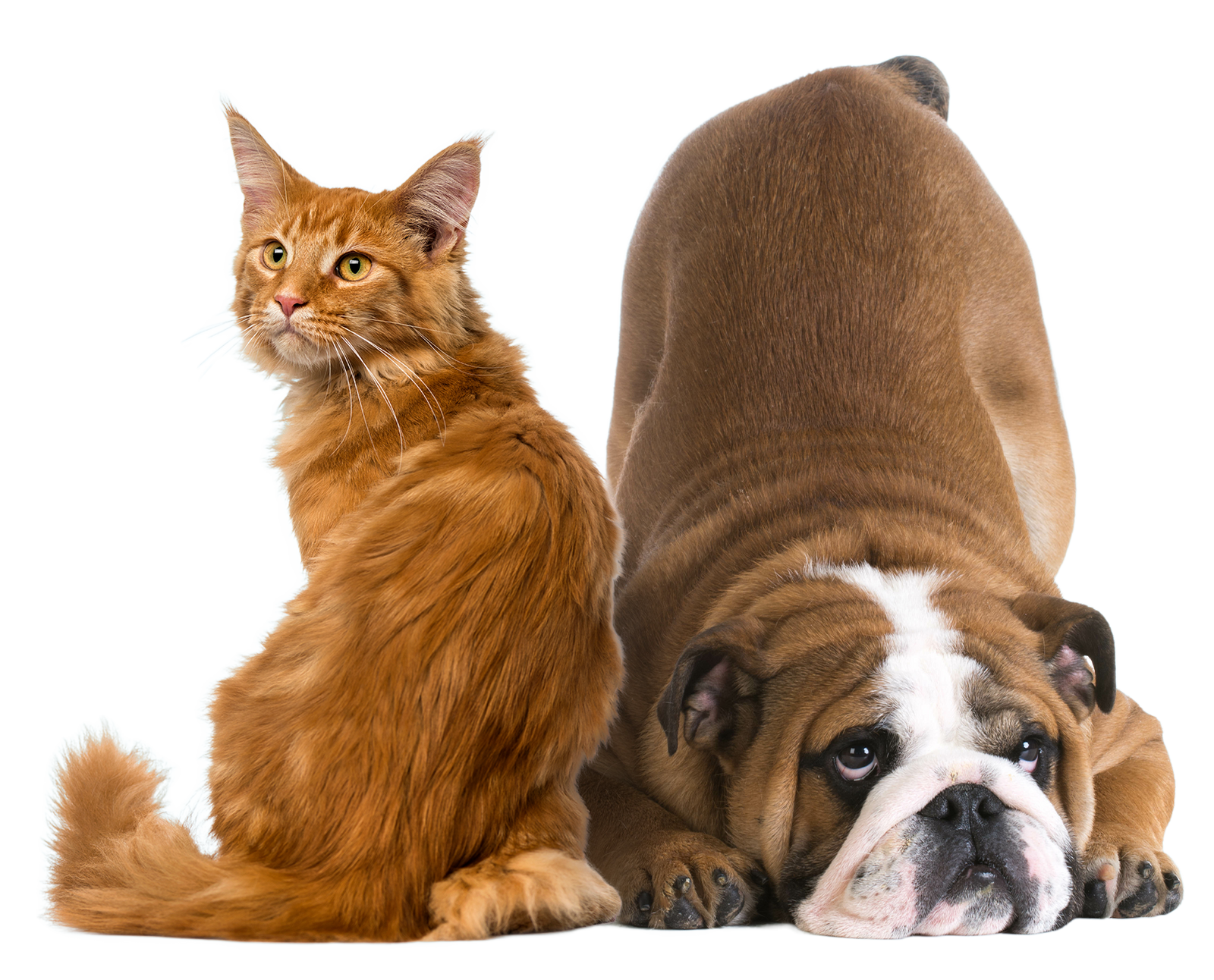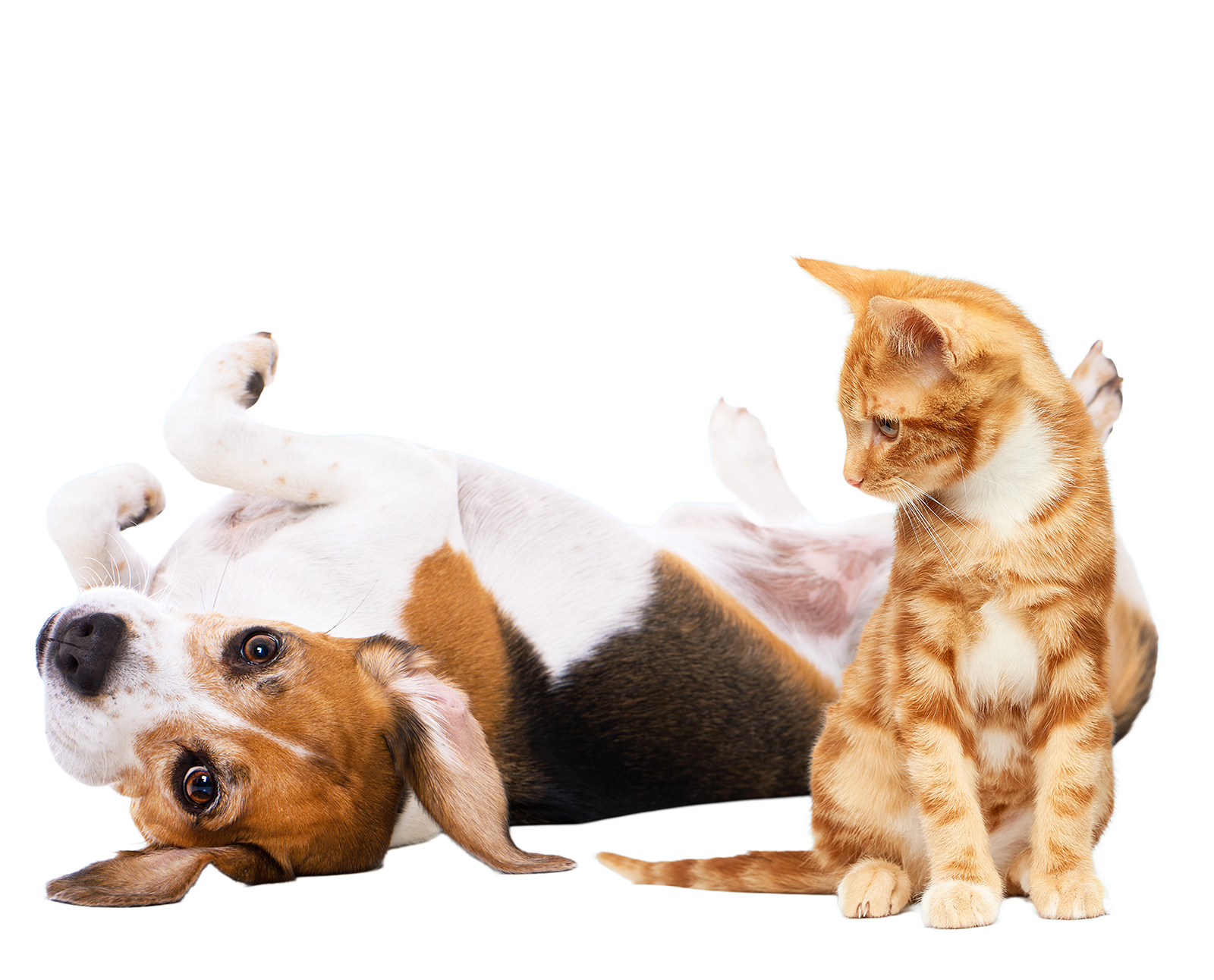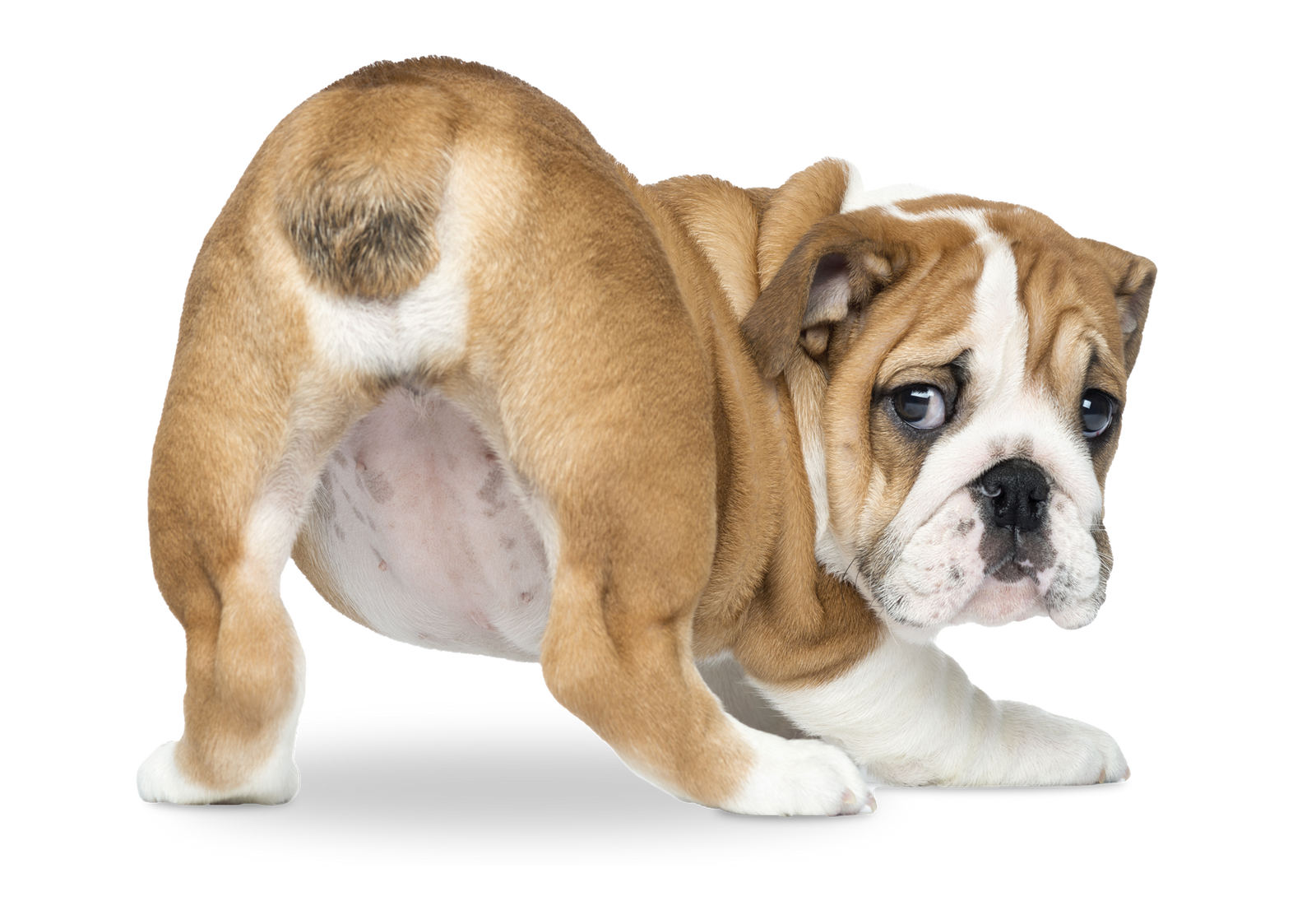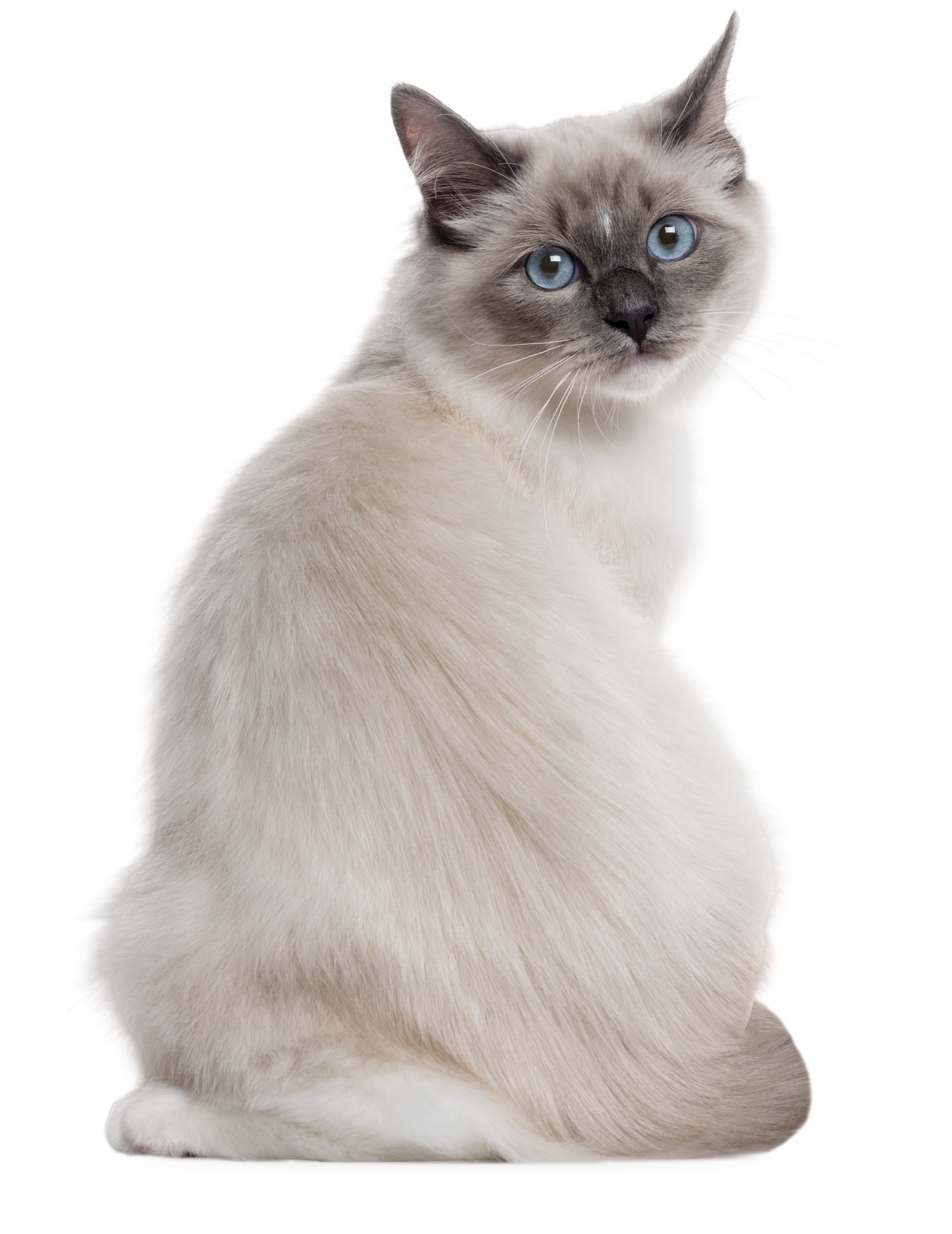Vet-Recommended Ways to End Cat Constipation

Has it been a while since you had to scoop the poop in your cat’s litter box? Before you celebrate the day off from litter box doody–er, duty–stop and ask yourself if something might be amiss in your cat’s gut. The issue could be cat constipation, which can be incredibly unpleasant for your cat.
Let’s explore how to help a constipated cat, learn what the signs will look like, and more––with an exclusive Q&A portion with Dr. Joya Griffin, veterinarian and star of NatGeo’s “Pop Goes the Vet.”
Cat constipation symptoms
Do your cat’s bowel habits seem off? If your cat usually poops around the same time of day and suddenly can’t be seen anywhere near the litter box, keep an eye out for signs of constipation.
A constipated cat might:
- Walk more stiffly than usual
- Have hard, dry, or pebble-shaped stools
- Cry, meow, or grunt while pooping
- Hunch over while pooping
- Have a stiff abdomen
- Poop outside the litter box
- Go in and out of the litter box without pooping
- Avoid the litter box altogether
- Decreased appetite
What causes cat constipation?
It’s normal for cats to have constipation once in a while. Activity levels change due to mobility and lifestyle changes, dietary needs evolve, and illnesses can affect gut health. But how frequently your cat gets constipation might hint at a serious problem or, in some cases, a chronic condition.
Causes of constipation in cats could include:
- A lack of dietary fiber
- Sedentary lifestyle
- Obesity
- Poor hydration habits
- Intestinal blockage or obstruction
- Stress and anxiety
- Change in routine (e.g., moving, traveling)

Cat constipation remedies & dietary changes
Wondering how to help your cat poop? Most remedies can be tried at home without intervention from your vet. Most cat constipation remedies, as you might guess, start with diet and lifestyle changes!
Up their fiber intake
You can prioritize ingredients like pumpkin, flaxseed, and wheat germ in your cat’s diet for added fiber. If you’d prefer not to change your cat’s food, add a powder fiber supplement to help boost their fiber intake without changing their usual diet.
Encourage hydration
You can boost your cat’s water intake by providing more clean water around the house or offering moisture-rich foods. Wet food is beneficial for cats prone to constipation and might be a dietary change worth considering if your veterinarian agrees, based on their health history.
Help them maintain a healthy weight
Overweight cats are at a higher risk of cat constipation due to a higher body mass, which can put a strain on their gastrointestinal tract. For this reason, maintaining a healthy weight–which your veterinarian can help you determine–is one of the best ways to keep cat constipation under control.
Make activity part of their daily routine
Exercising a cat isn’t as easy as walking a dog, but that doesn’t mean you can’t coordinate a healthy exercise routine for your cat! Motivate your indoor cat to get moving with a laser pointer, cat tree, or cat tunnel. Outdoor cats tend to get more exercise but may still need some indoor play if they’re gaining weight!
Keep their rear clean and comfortable
In some cases, cat constipation can cause leaking between bowel movements. It’s not diarrhea, but a liquid stool that’s made it around the hard mass of stuck stool. To avoid further irritation around their delicate anal tissue, clean the area with sanitary pet wipes made with soothing ingredients.
If your cat is experiencing pain around the anal area due to straining or chronic constipation, help them find relief with a topical analgesic. A no-touch spray is best for both of you––look for a rectal spray with Lidocaine for instant relief.
Cat constipation Q&A with Dr. Joya Griffin
Your cat is constipated. Who can you ask for help? Your veterinarian will have the most up-to-date information on your cat’s health history and conditions, so they’ll be your best resource for treatment options. Veterinarian Joya Griffin and star of NatGeo’s “Pop Goes the Vet” can demystify a few common cat constipation questions for curious pet parents!
How can I tell if my cat is constipated?
“Some cats will vocalize from the litter box when they are constipated or you may notice their stool is dry and small. They may also be straining to get the poop out, and you could see blood on their stool.”
My kitten hasn't pooped in 2 days––is that normal?
“Normally, cats of all ages should poop 1-2 times a day as long as they are eating normally.”
How often do cats poop? Is it the same for every cat?
“Cats should poop 1-2 times a day especially if eating normally.”
Can I use a cat laxative at home, or should I consult my vet first?
“You should always consult your veterinarian before giving any over-the-counter or prescription medications that are not intended or prescribed for your pet.”
Is cat constipation normal?
“No, it is not normal for your pet to be constipated and can be a symptom of more serious conditions like dehydration, kidney disease, or gastrointestinal disease.”
What puts a cat at higher risk for cat constipation?
“Cats with underlying medical conditions like kidney disease or gastrointestinal disease can result in dehydration which can cause small, dry stools or a backup of feces.”
When to talk to your vet
The good news is that, in most cases, cat constipation is mild and easy to treat at home with a few lifestyle or dietary changes. But if you’re worried about a more advanced cause of constipation, don’t wait to contact a veterinary professional. There are plenty of reasons why you might want to call your vet:
- You suspect an obstruction is to blame
- Your cat is constipated and vomiting
- Your cat hasn’t pooped in two days (48 hours)
- You notice blood in your cat’s poop
- For any reason, you suspect their constipation is related to an illness or chronic condition
Our cats are part of our family, so it’s understandable if you worry about constipation. The longer your cat is constipated, the more likely they’ll experience pain with passing a bowel movement. Trust your gut if you’re worried something’s off––your vet can always help when things get a little stuck!
Need some insight into your cat’s gut health? Learn more about cat diarrhea, why your cat is leaking brown fluid, and how to recognize anal gland problems in cats.





